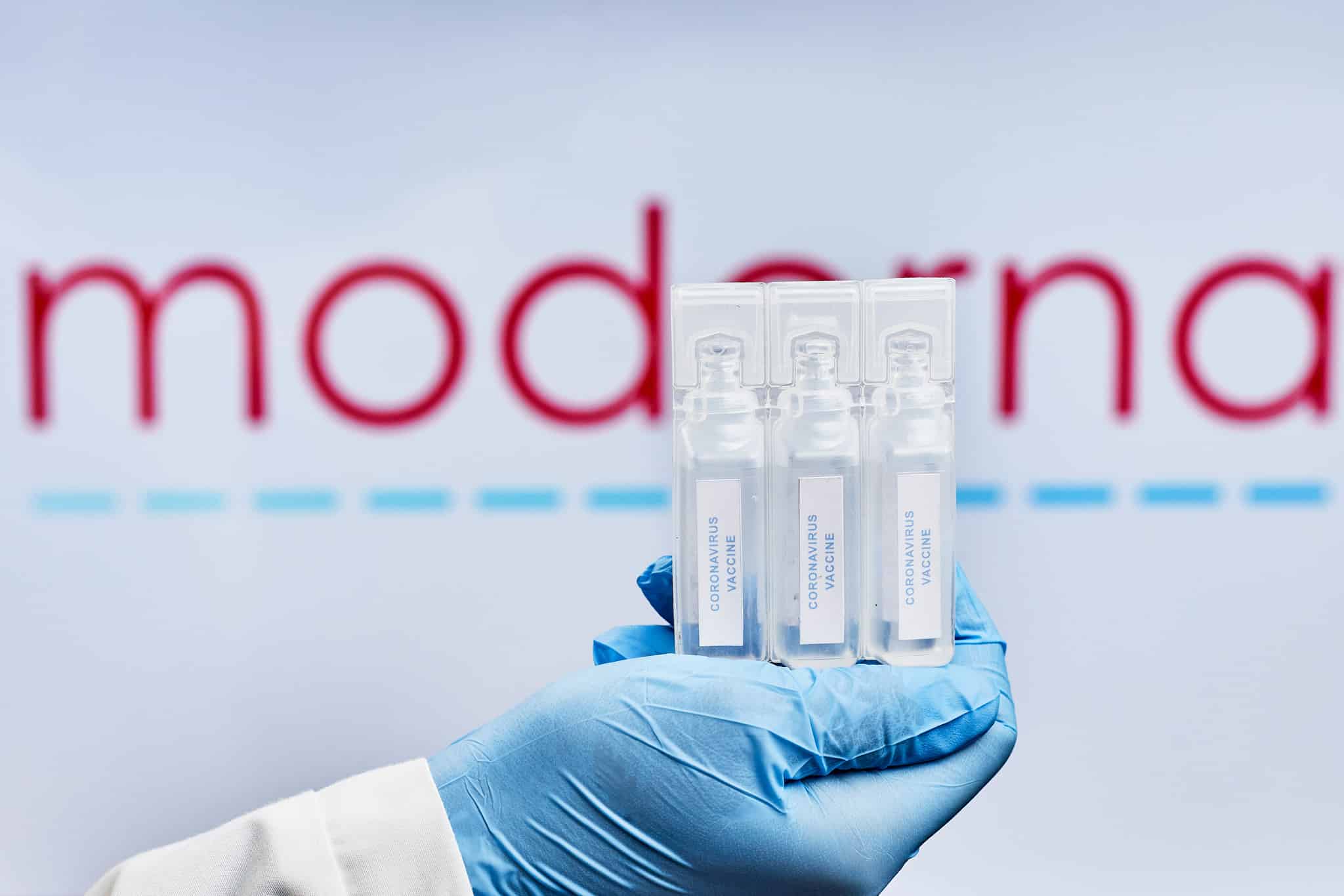Moderna was the first company to develop a COVID-19 vaccine — but it started out with a different mission. The company wanted to develop cancer vaccines, and now, it’s doing just that.
Moderna and pharmaceutical giant Merck are working on an mRNA-based vaccine, mRNA-4157 (V940), for people who have had melanomas removed. So far, the tests are showing very positive results.

Combining use of the new vaccine with Merck’s immunotherapy drug Keytruda over a three-year period reduced the chances of relapse or death from skin cancer by 49 percent compared to using Keytruda alone. Additionally, patients saw a 62% reduction in the fatality rate and the rate of cancer spread when using both treatments.
The findings are based on data collected at the three-year median mark of a study involving 157 participants diagnosed with stage III/IV melanoma, who have had tumors removed before receiving either the drug/vaccine combination or Keytruda alone. Earlier this year, the same study had shown a 44% reduction in the risk of recurrence or death.
“The durability of the responses is really strong, they’re essentially rock solid through this time,” Stephen Hoge, the president of Moderna, said in an interview with Reuters two weeks ago, excited about the developments. “This is a pretty significant improvement, a pretty dramatic improvement over standard of care with just Keytruda alone.”
Melanoma is one of the most severe forms of skin cancer and rates of the disease have been rising over the past few decades. Nearly 325,000 new cases were diagnosed worldwide in 2020.
To treat it, doctors start by surgically removing as much of the cancer growth as possible, sometimes also using other treatments such as radiation. This is where the vaccine may offer a new way forward.
It works by telling the participant’s cells to produce 34 neoantigens — proteins found only in the cancer cells. Meanwhile, Keytruda enhances the body’s immune response to tumour cells. The neoantigens trigger an immune response, thus further preparing the body to act against cells producing them. The vaccine is “personalized” for each patient, based on the mutational signature of the DNA sequence of the tumor. It’s aimed at preventing the tumor from coming back.
mRNA vaccines hold promise
It’s an mRNA vaccine that works by introducing a piece of synthetic mRNA coding for the neoantigens into cells. Currently, vaccines for COVID-19, the disease caused by the SARS-CoV-2 coronavirus, are the only authorized mRNA vaccines. However, researchers are studying their use on other diseases.
Merck and Moderna have now started a phase 3 trial with the combination of the new vaccine with the immunotherapy drug Keytruda. They will enroll around 1,000 people with stage IV melanoma. Final results are expected by 2028. However, the expectation is that the phase 3 will be used as a confirmatory study. For now, the company is filing a conditional approval request.
Moderna chief executive Stéphane Bancel told AFP the vaccine could get approval as early as 2025, which suggests that the company could be waiting for additional data. Also, Moderna is currently building a manufacturing facility in Massachusetts that would be used for this novel vaccine. Overall, it’s an exciting prospect for the future of melanoma treatment.









